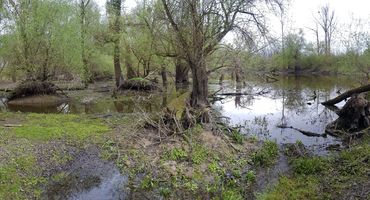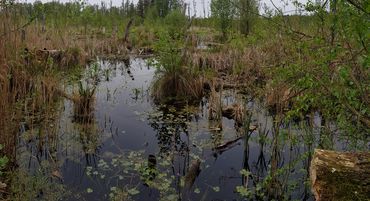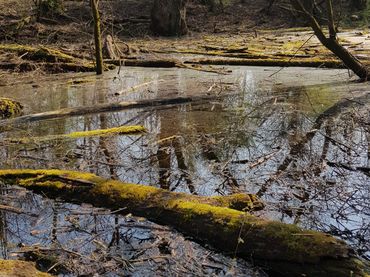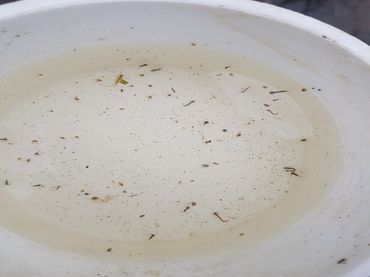Contact
Address
Office
Revitalisation and vector ecology
Nature conservation considering vector ecological burdens
March 2018 - March 2022
Financed by: Heinrich-Böll-Stiftung
Description
My PhD thesis emphasises the effects of revitalisation projects in wetlands on mosquitoes and vice versa. The main project’s research questions are:
1) How and to what extent do revitalisation projects enhance mosquito abundances?
2) Is it possible to implement a preventive mosquito control based on the results of question 1?
Since this is a controversial topic with backgrounds in vector ecology, nature conservation ecology and social sciences, my project is highly interdisciplinary and equilibrates between those disciplines.
Abstract
Wetlands (riparian zones, lakes’ flooding areas, bogs etc.) are inevitable ecosystems for humankind. They have plenty of ecosystem services particularly flood- and CO2-retention, which is essential in times of climate change. Conversely, 64 % of these ecosystems are lost globally since the 20th century (Ramsar, 2018). Thus, measures that are beneficial for the natural environment and/or flood protection are conducted throughout Germany. These measures are primarily rewetting the area and creating small stagnant water pools or reed beds. The crux is that these measure create perfect breeding habitats for mosquitoes (Diptera: Culicidae). Many citizens - that live adjacent to these nature conservation measures - are worried about an increased mosquito nuisance or infection risks. This can result in a rejection of revitalisation measures and demand for mosquito control measures.
What is missing in this context, is a project that combines vector and nature conservation ecology as well as social science. In this clash of interests, my PhD project is settled. I focus on six study areas in Germany, in which wetlands have been revitalised. Further a distinct mosquito problem has to be noticed. With the intention of checking whether and to what extent revitalisation projects enhance mosquito populations, the mosquito situation before and after the revitalisation is evaluated. This is done via questionnaires for locals and experts as well as mosquito monitorings.
Additionally, based on this data, I want to develop a catalogue for preventive mosquito control measures to prevent and/or minimise this clash of interests. This preventive mosquito control should support nature conservation and develop adequate local courses of action.
Pictures







